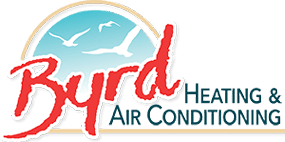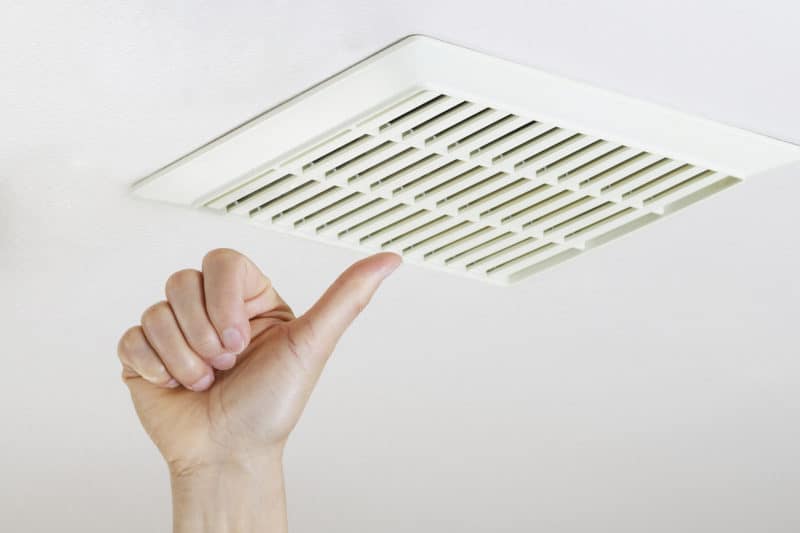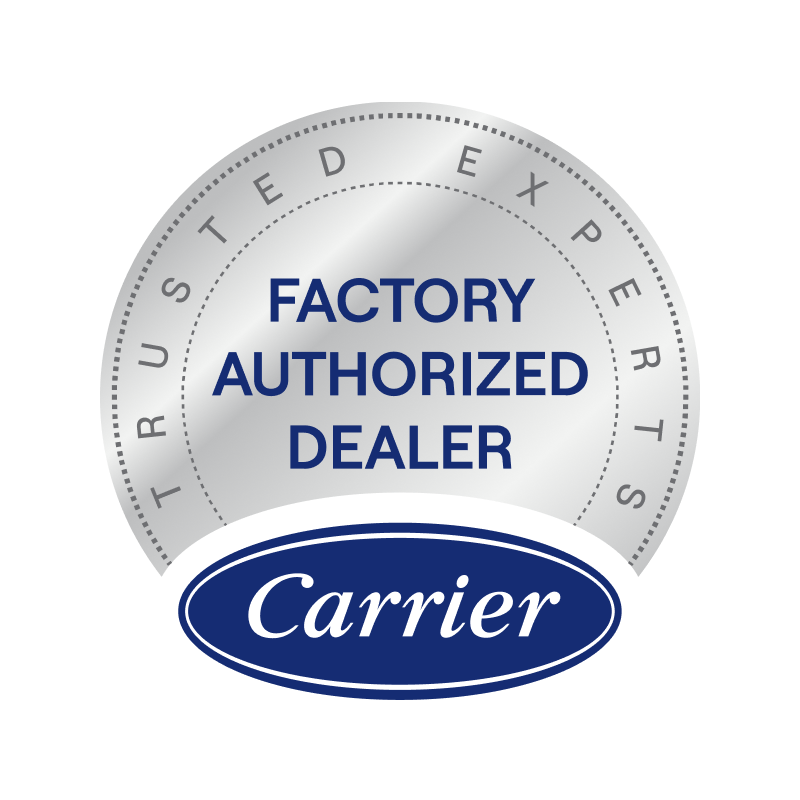Poor indoor air quality, or IAQ, in spring can cause headaches, nausea, nosebleeds, fatigue, trouble concentrating, allergies, asthma attacks, and other health problems. Pollutants like dust, dirt, pollen, or mold spores can also shorten your HVAC system’s life and make it less efficient. You can keep your Savannah home’s IAQ high by adding ventilation, using a dehumidifier, cleaning regularly, and maintaining your HVAC system.
Adding Ventilation
Ventilation can remove unpleasant smells, excess moisture, and pollutants. Use exhaust fans in your kitchen and bathrooms when you cook or take a shower to prevent bad smells and mold growth from high humidity. Make sure the ducts for the exhaust fans reach the outside of your home for the best results. You can have a professional install a whole-home energy recovery ventilator in your ductwork or use a less expensive portable model in one or two rooms at a time.
Both types of ventilators can dilute concentrations of contaminants in your home and increase your comfort. They work like heat pumps, and they can transfer heat away from warm air as it comes into your home in spring and summer. They can also change directions and make your home warmer instead of cooler in winter.
Using a Dehumidifier
If your home feels hot and stuffy even with exhaust fans and a ventilator, you should add a dehumidifier. Whole-home models connect directly to your ductwork like whole-home ventilators, and many models can filter the air in your home. A lower humidity can reduce asthma and allergy symptoms and protect floors, walls, and furniture from mold and rot. You should also check your roof for leaks after storms and watch for plumbing problems. Even a dripping faucet can increase humidity and cause mold growth.
Taking Time for Spring Cleaning
Spring cleaning is a great way to get rid of dust, dirt, and other pollutants that collected in your home during winter. It can also keep allergens out of your Savannah home and make your HVAC system more efficient. Clean your home’s air registers, return vents, and ceiling fans with a damp cloth, and you should clean exhaust fans by turning off the power and washing the covers with soapy water.
Vacuum and wash your bedding often in hot water to control dust mites, common causes of skin irritation and asthma. Many commercial cleaning products contain volatile organic chemicals, or VOCs, that evaporate at room temperature. They can cause headaches, asthma, and other health problems. For better indoor air quality, savings, and a home that smells great, use natural cleaners like vinegar, lemon juice, and baking soda. If you repaint or remodel, use VOC-free paints or varnishes. Store fuel, fertilizers, pesticides, and other supplies that might contain VOCs away from your home in a garage or storage shed.
Maintaining Your HVAC System Regularly
Having your HVAC system maintained regularly by a professional can prevent expensive, inconvenient problems that could lower your indoor air quality, increase your utility bills, and shorten your system’s life. Check your air filters every month, especially in spring, and replace them when they get dirty. Keep leaves, grass clippings, pollen, and other debris away from your outdoor HVAC unit to save energy and reduce contaminants in your home. Your unit should have at least 2 feet of free space around it on all sides for optimal air flow. Many people add an awning for shade and protection from debris.
Spring is also a good time to check attic insulation and weatherstripping for leaks that could let warm air and pollutants into your home. With a home energy audit, you can check your air conditioner’s efficiency and find out if your ductwork needs cleaning or sealing. Dirt, dust, mold, pest droppings, and leaks in your ducts waste energy and lower your indoor air quality.
Byrd Heating and Air Conditioning is a Factory Authorized Carrier Dealer with more than 30 years of experience. We can help you install, maintain, and repair a variety of energy-efficient, advanced equipment to keep your indoor air quality high in spring. Call us anytime at 912-373-8447 for great service from NATE-Certified technicians.
Image provided by Bigstock


